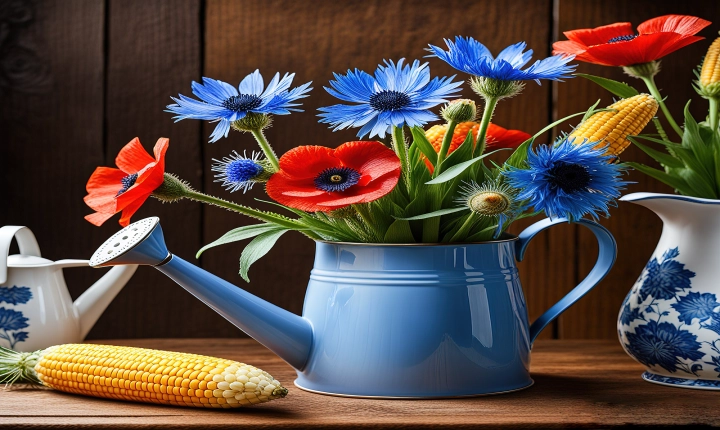Title: AI and Creativity: How to Create a Song Using Artificial Intelligence
Introduction
Artificial intelligence has revolutionized many industries, and the music industry is no exception. With the advancements in AI technology, it is now possible to use machine learning algorithms to aid in the creative process of songwriting. In this article, we will explore how to create a song using artificial intelligence.
Step 1: Data Collection and Analysis
The first step in creating a song using AI is to collect and analyze large datasets of music. This can include popular songs, music theory, and melodies. By analyzing this data, AI algorithms can refine their understanding of musical patterns and structures.
Step 2: Generate Lyrics and Melodies
Using natural language processing and deep learning algorithms, AI can generate lyrics and melodies based on the analyzed data. These algorithms can analyze the semantics of language and the patterns of musical notes to create coherent and evocative lyrics and melodies.
Step 3: Arrangement and Composition
Once the lyrics and melodies are generated, AI can assist in arranging and composing the song. By analyzing the musical elements and structures, AI algorithms can create a composition that is harmonious and well-structured.
Step 4: Performance and Production
Artificial intelligence can also aid in the performance and production of the song. AI-powered tools can simulate different instruments and tones, allowing creators to experiment with different sounds and arrangements.
Step 5: Feedback and Iteration
The final step in creating a song using AI is to gather feedback from listeners and iterate on the composition. By analyzing feedback data, AI algorithms can refine the song to better fit the preferences of the audience.
Challenges and Considerations
While creating a song using AI has many benefits, there are also challenges and considerations to keep in mind. AI-generated music may lack the emotional depth and creativity of human-generated music. It’s important to strike a balance between AI-generated elements and human creativity to maintain the authenticity and artistic expression in the song.
Conclusion
Artificial intelligence has opened up new possibilities for songwriting and music creation. By leveraging AI algorithms, creators can benefit from data-driven insights and innovative tools to enhance their creative process. While there are challenges to consider, the collaboration between AI and human creativity can lead to the development of unique and compelling music.
